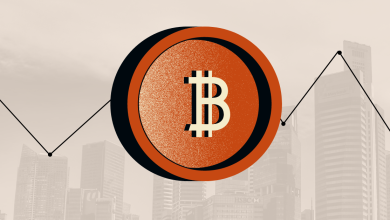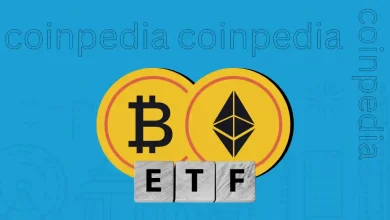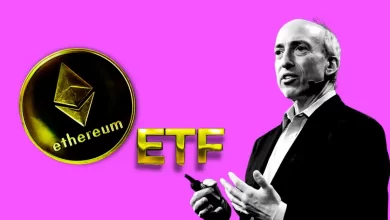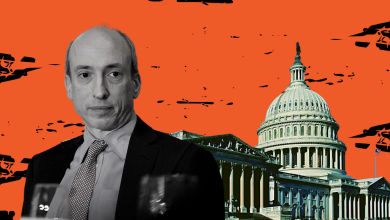Blackrock, Fidelity, and Grayscale Bitcoin ETFs Hang in Balance at Congressional Hearing Crypto Market Awaits Possible Turning Point

Gary Gensler, the SEC Chair, is preparing for an awaited appearance before the House Financial Services Committee. The air is thick with anticipation as a bipartisan mix of the committee’s members presses Gensler to give the green light to spot Bitcoin ETFs by giants such as Blackrock, Fidelity, and Grayscale. Tomorrow promises to be a day that might change the course of the crypto market.
Unfurling The Discontents
A notable crypto writer, Jason A. Williams, remarked about Gensler’s most recent hearing with the committee yesterday. It seems the SEC Chair enjoyed testifying, even if a good chunk of that testimony was in defense of the SEC’s choices and actions.
The atmosphere was particularly intense when Representative Mike Flood spotlighted the SEC’s Staff Accounting Bulletin (SAB) 121 in March 2022. This bulletin focused on how public companies, including prominent platforms like Robinhood and Coinbase, should account for and disclose the crypto assets they hold.
Flood then drew attention to Gensler’s previous comments about SAB 121. Gensler had highlighted that the bulletin was grounded in existing SEC rule requirements. But what rules was he talking about? Gensler referred to an older rule from 2009 related to digital assets and an SEC rule from April 2021. However, Flood was quick to counter that no direct SEC rules addressed digital asset custody. In fact, a proposal regarding this, including crypto custody, was only suggested in February 2023 and remains under consideration.
A Challenge to the SEC’s Rationale
In a decisive point, Flood argued that the SEC either knowingly issued the guidance without solid reasons or made an oversight. He highlighted that when the bulletin went live, neither FASB nor the SEC had taken action. According to Flood, the very foundations for the SEC’s bulletin didn’t exist at its release time.
The bottom line is amidst it all, one thing is clear: the crypto market’s fate hangs in the balance, and all eyes are on tomorrow’s hearing.













